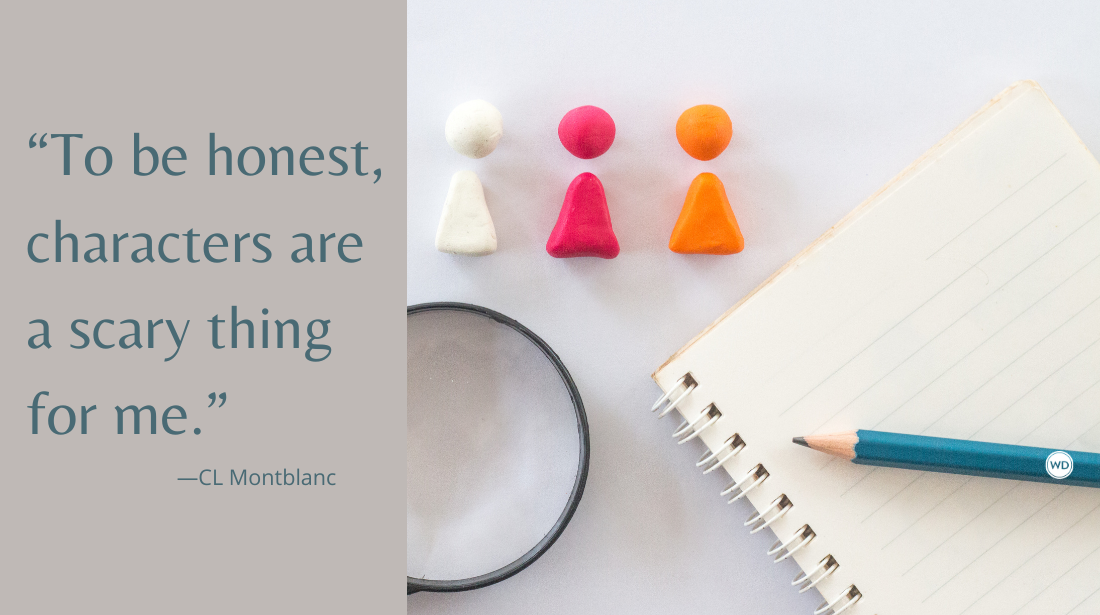Why Did I Write a Novel About Death?
What draws an author to a particular subject? In this article, novelist Richard Alther discusses why he was drawn to discussing death in his latest novel Bedside Matters.
The subject of death is usually the last thing anyone wants to think or talk about, let alone read about. Life is for the living! Of course, we all know life ends. It’s the one thing that happens to each of us, and for this, we are truly on our own.
To screw up our courage, we are—if fortunate—surrounded by our loved ones. “With family by his side…” as it’s so often quoted in the obits. And the dying person is encouraged “to let go,” but usually not until the last breaths. Up to that point, family, physicians, our entire culture is orchestrated for the opposite: to do everything possible to prolong life. Newly popular are living wills to express that extraordinary measures should not be taken. But often loved ones, although having agreed, hesitate “to pull the plug.”
My personal fascination with mortality started as a child, “viewing” my deceased grandmother in the funeral parlor casket with this waxen, totally weird and unbelievable version of her. So. Being dead has nothing to do with life.
As an avid reader of American novels, I was compelled by Saul Bellow, Bernard Malamud, Philip Roth and so many others whose characters did not fail to be motivated in part by the thread that keeps them from annihilation. I slipped most readily into John Updike, with his deep immersion in issues of Christianity, underscored with the “hereafter.” With all due respect to religions, the promise of a better time ahead is a most understandable palliative.
As a novelist, my four previous works have concerned controversies in American society about which I’ve had plenty of questions but not necessarily resolved with answers. I like to examine various points of view. These fictional forays have included anti-Semitism, intolerance of diversity, homophobia, ageism, sexism. My prior, fourth novel, Roxie & Fred, although exploring the psychological roots of creativity, wound up, briefly, with an assisted suicide.
IndieBound | Bookshop | Amazon
[WD uses affiliate links.]
My new novel, Bedside Matters, was prompted by my realizing that heretofore I’d only touched on the subjects of dying and death. I was drawn to the notion of climbing into the head and heart of a person’s last year with a terminal illness, the mind being the last thing to go. (I learned of a disease where such is the case.) I employed my protagonist Walter to undergo what came to be for me “a dress rehearsal” when my own time comes. Yes, he goes through a range of dispositions from confusion to acceptance, but he eventually transforms himself into a state of being I can only imagine and perhaps hope to someday emulate.
Ordinarily in my lifetime of reading, dying and death, when not sugar-coated, are enveloped by a vivid story otherwise. (Tolstoy’s The Death of Ivan Ilyich is one of several noteworthy exceptions.) My goal was to aim an X-ray on this most universal of experiences. Just what is happening for Walter physically, intellectually, philosophically, emotionally, and spiritually? How do we ever know? Yes, the reader sees Walter through his interactions with others—his adult children, the ex-wife who left him for being a lousy husband, former business associates, and a host of new characters. But let’s keep a focus on the journey of a single soul.
My story is simply one scenario of endless possibilities. But in all successful novels I read and hopefully write, the story works because of deep investment in one or more characters. Bedside Matters is a solo act, best I was able to isolate the very subject most of us try to smother with ongoing, vital concerns of the day, much less so, of course, about characters in fiction we read. My novel is taking a steady look at the opposite side of the coin: if life occurs, then death does, too. Digging deeper into this natural phenomenon for me liberated it from the constant claws of denial. To fear death, I learned, only reinforces its negative impact on life, and limits celebration of the present to its fullest. I learned that death can be a natural and rightfully embraced closure to a life led with no regrets. I saw the absolute bonding of humankind and nature, all part of a grand whole. A dying person can offer a parting gift of calm and positive energy to her or his loved ones to ease their burden of loss.
My latest protagonist is only one voice in the vast universe. But with no other reason for being, singled out, that voice might be heard and reverberate, allowing us all to take a deeper breath at the inevitable.
Richard Alther was born and raised in suburban New Jersey. He graduated as an English major from Cornell University and pursued twin careers as a writer and painter. He is the author of five novels: The Decade of Blind Dates (2008), Siegfried Follies (2010), The Scar Letters (2013), Roxie & Fred (2017), and Bedside Matters (2021). After several years in Manhattan, he moved to Vermont and earned his family’s living writing extensively about vegetable gardening and homesteading. His simultaneous career as an exhibiting painter included gallery representation and one-person shows in Montreal, London, Los Angeles, Boston, Dallas, and Florida. Follow Richard’s blogs and essays on Medium: richardalther.medium.com.








